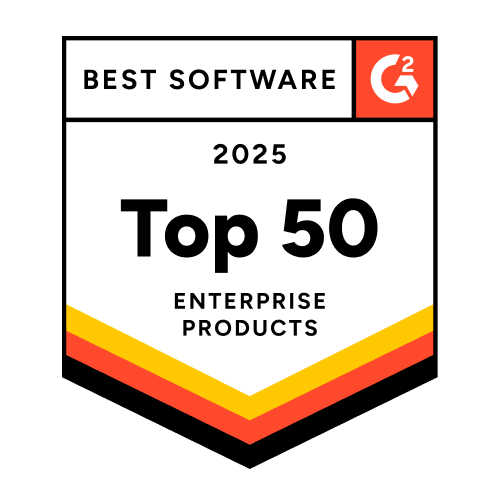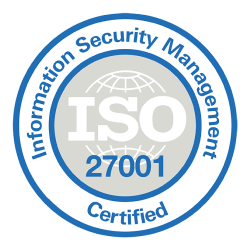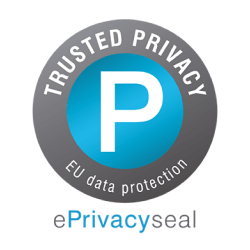Email Marketing Automation
Email marketing automation is the process of automating email marketing actions using specialized tools and resources. Unlike one-off newsletters, these emails are sent automatically based on user behavior or pre-set schedules, such as triggered actions or drip campaigns.
For example, when a new user signs up for a service, the email platform can automatically send a personalized welcome sequence. Similarly, if a customer abandons their shopping cart, automated follow-up emails can remind them to complete the purchase or offer a special incentive.
Why use Email Marketing Automation?
- Trigger timely campaigns, such as abandoned cart reminders or post-purchase follow-ups, to recover lost sales and track conversions in real-time.
- Automate repetitive tasks such as onboarding emails or event reminders, allowing the team to focus on strategy while ensuring every customer interaction happens at the right moment.
- Use behavior and profile-based segmentation, including browsing history, purchase activity, or engagement level, to make every message feel relevant and build stronger customer loyalty.
Email Marketing Automation vs. Triggered Email vs. Drip Campaign
| Feature / Workflow | Email Marketing Automation | Triggered Email | Drip Campaign |
| Definition | Automated email journeys using pre-set rules, triggers, or schedules | Automatic emails sent by specific user actions or events | Pre-planned set of emails delivered in a sequence, often time-based |
| Trigger/Timing | Behavior, time, or event-based; flexible automation | Event or segment-driven; real-time and highly contextual | Scheduled; may include triggers to begin the sequence |
| Personalization | High, dynamic, and segment-based | Contextual, based on specific user action | Moderate; basic segmentation is common |
| Channel Scope | Email only | Email only | Email only |
| Use Case Example | Automated welcome, cart recovery, and re-engagement | Order confirmation, password reset, product recommendation | Lead nurturing, onboarding, timed newsletters |
| Campaign Complexity | Medium; flexible with segmentation and triggers | Simple; single event triggers a single message | Simple to moderate; usually linear |
| Reporting | Tracks opens, conversions, by segment/campaign | Tracks triggered sends, opens, conversions | Tracks sequence performance, drop-offs |
FAQs
Email marketing automation sends messages based on individual user behavior, such as sign-ups, purchases, or abandoned carts. Bulk email newsletters are scheduled campaigns sent to large groups regardless of actions. Automation ensures more relevant, timely communication, improving engagement and conversion rates. Learn more in this email automation guide.
Yes, automated campaigns can use CRM systems, eCommerce platforms, and analytics tools to personalize messaging and trigger actions based on behavior. For cross-platform integration tips, see this page on customer data integration.
Automated emails allow marketers to deliver behavior-triggered messages, like welcome emails, cart reminders, or re-engagement sequences with minimal manual effort. This strategy enhances personalization, increases open and conversion rates, and significantly improves ROI.
A compelling example of how these strategies translate into real success is showcased in Insider’s case study, where retailer Slagenzer achieved 49X ROI in eight weeks using data-driven workflows and automated marketing.












